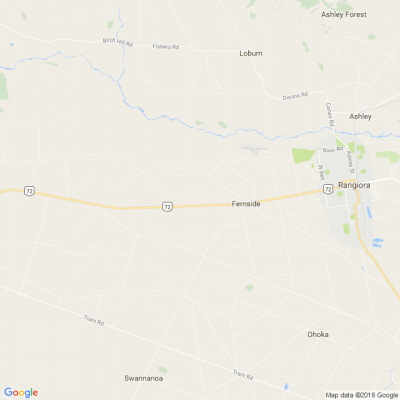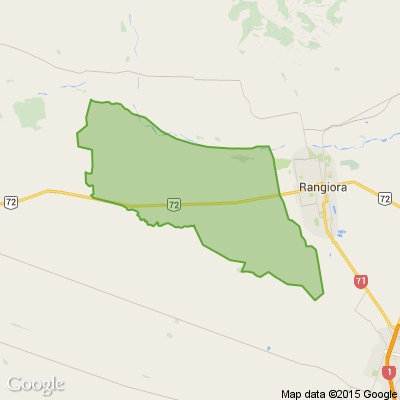Calls for definition of ‘veteran’ to be widened
By David Hill, Local Democracy Reporter
The definition of ‘‘veteran’’ is just one of the barriers impacting on returned soldiers seeking help, a RSA representative says.
Rangiora RSA interim president Malcolm Wallace said confusion around the definition of veteran and changes to technology made it difficult for members to navigate the system.
Representatives of the Rangiora, Amberley, Kaiapoi and Papanui RSAs met with Veterans’ Affairs Minister Chris Penk in Rangiora recently to discuss their concerns.
Wallace said members were often facing a long wait to get a claim recognised by Veterans’ Affairs, with some waiting for two years or more.
A veteran is a soldier who has served overseas on a official deployment.
But Wallace is aware of several soldiers who served overseas and suffered injuries or medical issues, but are not covered.
One former soldier the Rangiora RSA has been working with served 20 years and developed a medical condition while serving in the South Pacific, but it was not an official deployment.
An ex-soldier speaking at the meeting said he injured his arm while working in an advisory role with the New Zealand Defence Force in the Middle East, but was not covered.
‘‘If you have a regimental number and you put on the uniform, then you can be ordered to go anywhere, so it shouldn’t matter what you end up doing,’’ Wallace said.
It meant some people get lost in the system, he said.
‘‘Veterans’ Affairs tells them they need to apply through ACC, but when they go to ACC they’re told to apply through Veterans’ Affairs.
‘‘It is important to recognise, our people are looking for a hand-up, not a hand-out.’’
Veterans have certain entitlements if approved by Veterans' Affairs, including for injuries and the Veterans' Pension.
The online system used by Veterans’ Affairs was ‘‘designed for much younger people’’, while communications through social media meant many were excluded, Wallace said.
Penk, a veteran who served with both the New Zealand and Australian navies, said the Government is reviewing the definition of a veteran.
‘‘People feel their service is not respected, so we are looking at that.’’
He said the Government has committed more resource to Veterans’ Affairs in a bid to get through a backlog of claims.
‘‘It has been a long standing issue and cases have built up over time, as the system’s not responding to the modern age.
‘‘We are caught between paper-based system and an online system.
‘‘We can be more effective with online applications, but we recognise that’s not going to work for everyone.’’
Penk said Veterans’ Affairs is making more of effort to work alongside community organisations, such as RSAs.
■ LDR is local body journalism co-funded by RNZ and NZ On Air.

Musicians Wanted
‘Rangiora Bells’ is seeking musicians to join the handbell choir. We are a friendly group of handbell ringers who enjoy making music and entertaining at community groups.
If you would like to come and have a go at ringing handbells, please come along to one of our practice sessions. No commitment necessary if you decide that this is not for you.
An ability to read basic music notation preferred.
Practice days – Thursdays 1pm – 2.30pm
(beginning 19th February 2026)
In the lounge at Trinity Methodist Church
176 King Street
Rangiora
Clare Dolheguy
Phone 027 583 7504
claredoll6@gmail.com

Time to Tickle Your Thinker 🧠
If a zookeeper had 100 pairs of animals in her zoo, and two pairs of babies are born for each one of the original animals, then (sadly) 23 animals don’t survive, how many animals do you have left in total?
Do you think you know the answer? Simply 'Like' this post and we'll post the answer in the comments below at 2pm on the day!
Want to stop seeing these in your newsfeed? No worries! Simply head here and click once on the Following button.

Poll: As a customer, what do you think about automation?
The Press investigates the growing reliance on your unpaid labour.
Automation (or the “unpaid shift”) is often described as efficient ... but it tends to benefit employers more than consumers.
We want to know: What do you think about automation?
Are you for, or against?

-
9.5% For. Self-service is less frustrating and convenient.
-
43.2% I want to be able to choose.
-
47.2% Against. I want to deal with people.







 Loading…
Loading…